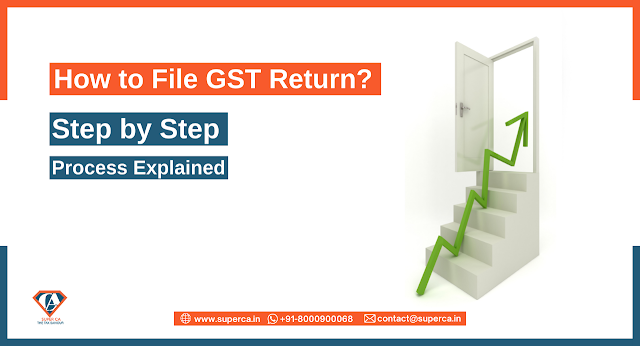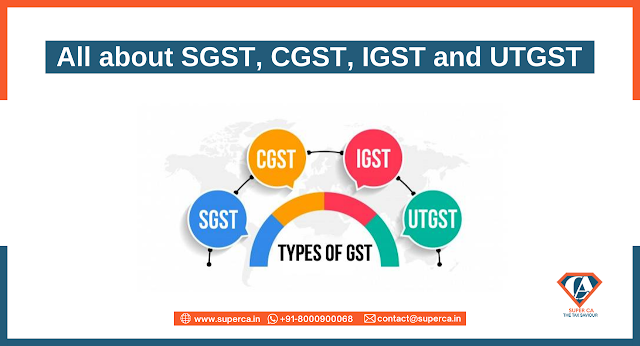Threshold limit in case of service or trade to apply for GST Registration
GST Registration is a process for applying for a unique GSTIN i.e. GST Identification Number on the GST Portal. The taxpayer requires GSTIN to collect and pay GST on the outward supplies i.e. sales and claim GST input tax credit on the inward supplies i.e. purchases.
As per the GST rules, it is compulsory for a business/supplier that has a turnover of above Rs.40 lakhs (Rs 10 lakhs for special category states present in hill states and North-Eastern states) to register as a normal taxable entity. Also, there are various types of GST Registrations described under the GST Act. Types of Registration depends on the nature of the business. Undergoing the registration procedure is difficult without recognising its different forms. That’s why it is very necessary that we should be aware of their types & acquire a better idea regarding the same.
GST Registration for Traders
The applicability of GST to trading in securities is a confusing question that is very common amongst traders. It should be noted that GST is not applicable to income from trading in stocks, shares, mutual funds, futures, options etc. However, it is mandatory to register under GST if the Aggregate Turnover exceeds the threshold limit of Rs. 40 Lakh (Rs 10 lakhs for special category states present in hill states and North-Eastern states) for sale of services.The GST Act specifically excludes “Securities” from the definition of Goods. Section 2(52) clearly states that Goods means any movable property except money and securities. The definition of Services means anything other than goods, money and securities. Hence, trading in shares and securities is not considered as supply as per the GST Act and falls outside the purview of GST and the securities traders are not required to register under GST. In the GST regime, the aggregate turnover includes the sum of the sale of goods and services. Since ‘securities’ are excluded from the definition of goods and services, the aggregate turnover should not include trading turnover to determine the applicability of GST Registration.
Also, GST is not payable by the stockbrokers on these recoveries as long as the conditions of the pure agent as provided in Rule 33 of the CGST Rules, 2017 are met. If not, then valuation will be done as per section 15 of the CGST Act, 2017 read with Rule 27 of CGST Rules, 2017.
However, it should be noted that if a broker is earning brokerage income from securities trading, GST registration is mandatory if such brokerage exceeds the threshold limit. Since the stockbrokers are engaged in the business of supplying the stockbroking service, appropriate GST is payable on the same.
Trading Expenses
Since expenses incurred on share trading such as brokerage, turnover fees, transaction charges etc fall under the definition of Services as per the GST Act, the GST is applicable on it.Expenses incurred on trading in securities also include CGST, SGST or IGST. This is the GST on trading expenses which the trader pays for trading transactions. Such expenses can be claimed against the profit/loss from trading while filing the Income Tax Return.
Return Filing?
All the Registered Dealers are required to file GST returns irrespective of the type of business or turnover or profitability during the return filing period. Under the GST Regime, even a dormant business that has obtained GST registration must file their GST return.
Two monthly returns and one annual return has to be filed by a regular business which amounts to 26 returns in a year. The number of GST filings varies for quarterly GSTR-1 filers which are 17 in a year. There are separate GST returns required to be filed in special cases, for instance, for composition dealers who have to carry out GST filings 5 times a year.
For traders, turnover as per ITR must match with sales reported in GST Return. If the trader does not have GST Registration, he/she need not report details of GSTIN in the Income Tax Return. If the trader has income from any business other than securities trading and has GST Registration, it is advisable to report the trading turnover from securities trading under Non-GST Supply in the GST Return.





Comments
Post a Comment